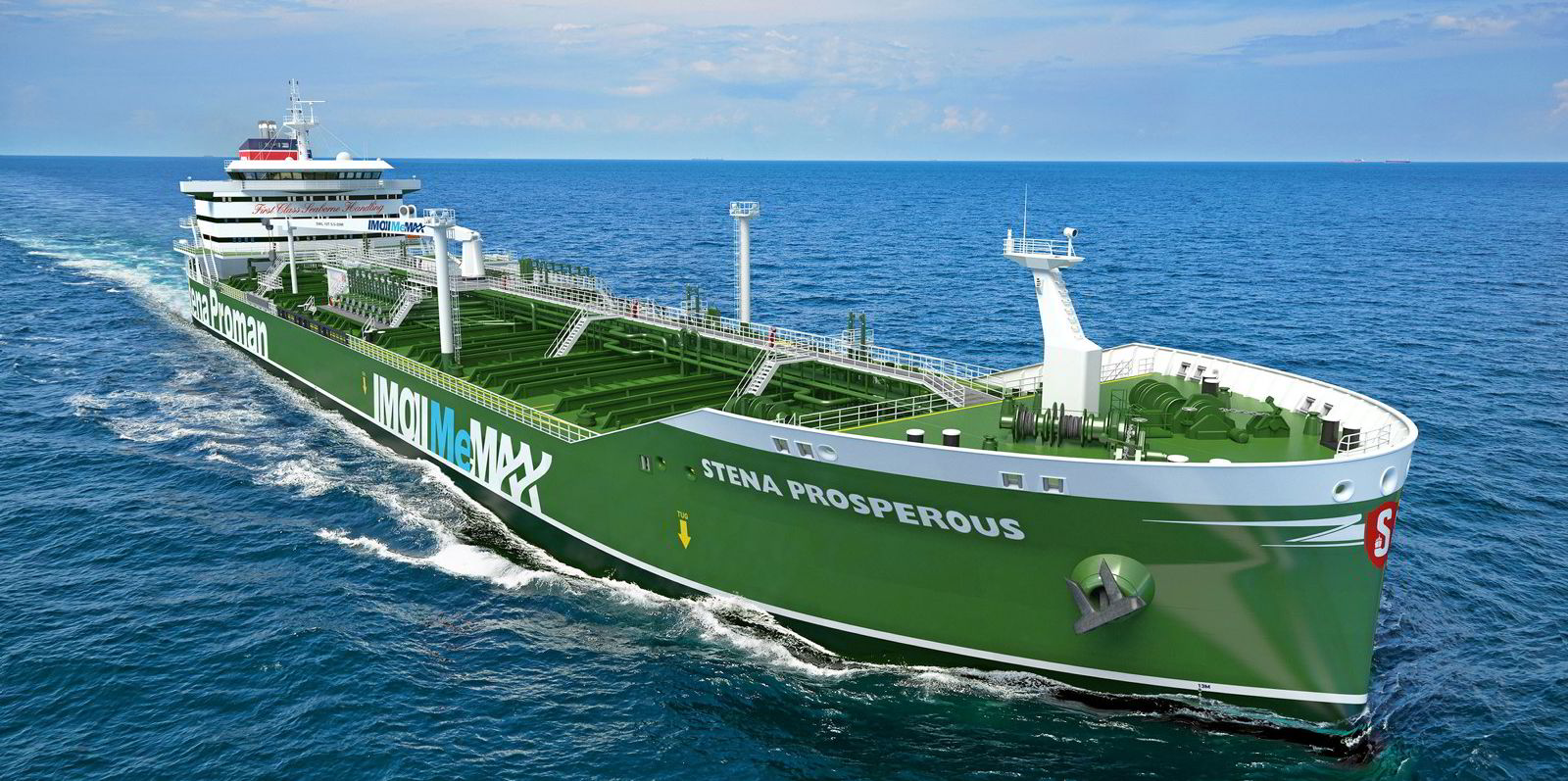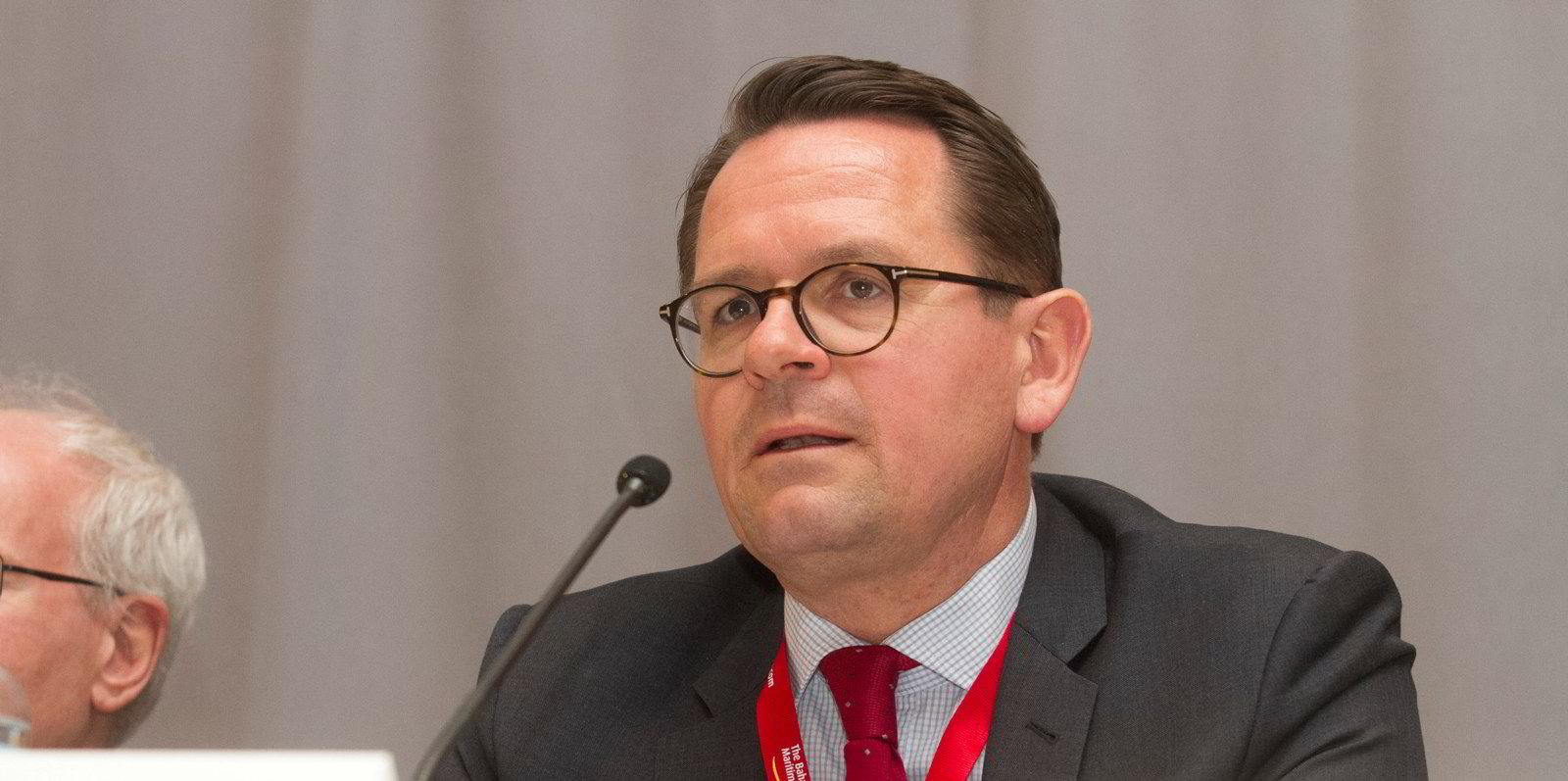Methanol supporters in the debate over future fuels have come out in droves after several newbuilding orders were placed for dual-fuel vessels that can be powered by the low-emission fuel.
Earlier this month, AP Moller Maersk confirmed an order for the word’s first methanol-fuelled containership while Proman added another two tankers to its orderbook that will be powered by the fuel.
The first movers understand “there is little time left to wait on potential solutions” that can fully meet their long-term decarbonisation targets, Methanol Institute chief executive Greg Dolan said.
“They know we don't have 30 years to wait,” Dolan told a recent webinar organised by Maritime AMC.
MAN Energy Solutions, whose ME-liquid gas injection methanol (LGIM) engines are widely used in methanol-fuelled ships, suggested a cost advantage in those newbuildings.
The German engineering giant’s two-stroke new technologies director, Kjeld Aabo, said the newbuilding price of a MR product tanker is 10% more than a conventional vessel. An LNG-fuelled ship would add 22% to the cost.
“I really believe there will be a big market for methanol in the future and the technology on the engine side is there,” Aabo said.
Maersk on board
MAN has confirmed it will supply the LGIM engine to Maersk’s boxship under construction at Hyundai Mipo Dockyard. The engine construction is contracted to Hyundai Engine and Machinery.
“We are designing dual-fuel technology that meets the growing customer demand for sustainable shipping chains,” said Bjarne Foldager, MAN’s senior vice president and head of two-stroke business.
While LNG is the most adopted alternative fuel in the shipping industry, experts said low-emission fuels such as hydrogen or ammonia are required to meet the long-term emission targets.
Researchers believe methanol can help reduce greenhouse gas emissions when produced from renewable energy. However, the fuel is generally produced from natural gas for now and needs extra on-board storage space due to its low energy density.
Anita Gajadhar, Proman's managing director of marketing, logistics and shipping, said the fuel has advantages in availability and pricing.
“When you look at the long-term pricing, it is competitive when compared to alternatives, like MGO [marine gasoil],” said Gajadhar, whose company is one of the world’s largest methanol producers.
“Methanol is actually going to be a little bit cheaper than some of the biofuels that are available in the market today. It is easy to bunker, it is safe to bunker, and it is widely available as bunkers in 122 ports.”






